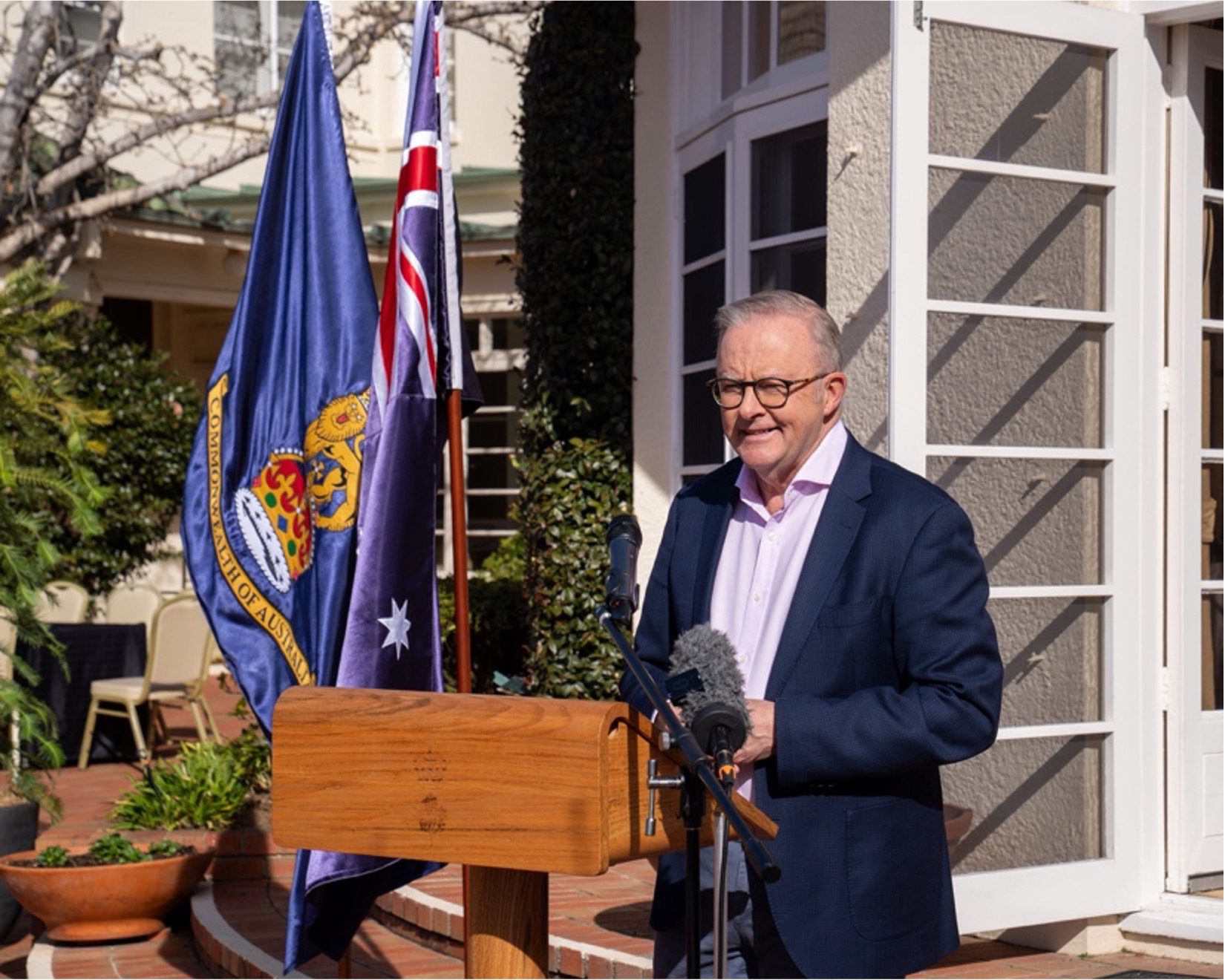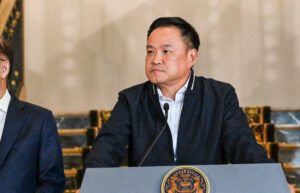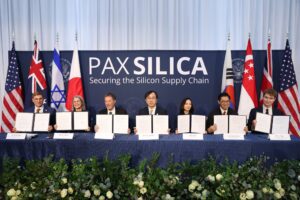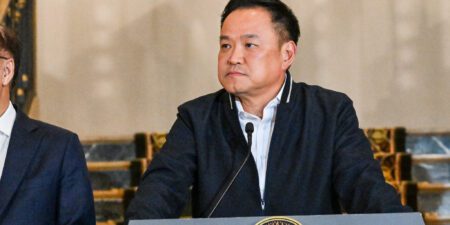
Australia Edges Closer to US Tariff Deal, Resolves Beef Issue

The BGA Australia team, led by Managing Director Michael McNeill, wrote an update to clients on U.S. tariff negotiation updates and using agricultural trade issues as leverage.
Context
- The Labor government of Australian Prime Minister Anthony Albanese has made a key concession in tariff negotiations with the administration of U.S. President Donald Trump. After several years of U.S. pressure, heightened since the announcement of Trump’s “liberation day” tariffs in April, Australia will end restrictions on Canadian and Mexican cattle slaughtered in America.
- The government’s public position is that the changes to Australia’s biosecurity regulations are separate from the tariff negotiations. Privately, the government is hoping it sends a positive signal to the Trump administration as it seeks to reduce steel and aluminum tariffs and solidify support for the AUKUS (Australia-United Kingdom-United States) submarine agreement.
- Agricultural issues have occasionally flared in the Australia-U.S. relationship over the decades. The junior conservative Coalition partner, the regionally based Nationals, has often been the most vocal. On this occasion, the Liberal-Nationals opposition has questioned whether Australian beef producers are paying the price for Albanese’s diplomatic “deficiencies.”
Significance
- Agriculture Minister Julie Collins said July 24, “The U.S. Beef Imports Review has undergone a rigorous science and risk-based assessment over the past decade.” The new arrangements are due to come into place July 28, with Australian importers able to apply for permits to handle fresh beef products. Australia’s biosecurity rules have been developed with a view to protect access to markets such as China, Japan and Korea. Australian beef is in high demand by U.S. fast-food chains. Local beef industry groups have called for an independent review of the decision.
- Trade Minister Don Farrell, Treasurer Jim Chalmers and Australian Ambassador to the United States Kevin Rudd have had ongoing discussions with U.S. officials as they seek to reduce Trump’s tariffs. The Australian government asserts that the tariffs are a breach of the Australia-U.S. free trade agreement and the United States has virtually always run trade surpluses with Australia. Farrell has asked for the removal of all tariffs on Australian products.
Implications
- David Littleproud, Nationals leader and shadow minister for agriculture, said the government must decide calmly and “get this right.” He said, “it looks as though it’s been traded away to appease Donald Trump, and that’s what we don’t want.” Nationals Senate leader Bridget McKenzie said she would be “very concerned” if Australia’s US$7.2 billion beef export industry were “sacrificed” for “the deficiencies in the Anthony Albanese-United States diplomatic relationship.” The Nationals have invariably held the agriculture portfolio in government and opposition. Littleproud’s handling of this issue may have implications for his hold on the leadership as his colleagues push for changes to climate change policies.
- The United States is not a major export destination, and Australia will not impose retaliatory tariffs if the tariffs are not reduced from the baseline 10 percent Trump set — the lowest rate imposed on trading partners. However, the impact of U.S. tariffs on major trading partners China, Japan and Korea are of concern, as are the 50 percent tariffs on steel and aluminum exports.
We will continue to keep you updated on developments in Australia as they occur. If you have any comments or questions, please contact BGA Australia Managing Director Michael McNeill at mmcneill@bowergroupasia.com.
Best regards,
BGA Australia Team

Michael McNeill
Managing Director
Mick is a highly-experienced government relations expert and trusted advisor on consensus building, conflict resolution and legislative developments. He has played an integral role in helping parties achieve desired outcomes in areas of national security, health policy, foreign policy and reputational crisis management, as well as media relations, communications campaigns, immigration and human rights. Mick has two decades’ experience working with government as a media analyst, political adviser and NGO advocacy manager. After a stint serving as an adviser to an Australian senator, Mick took on the role of the locally engaged senior political specialist at the U.S. Embassy in ... Read More
×























